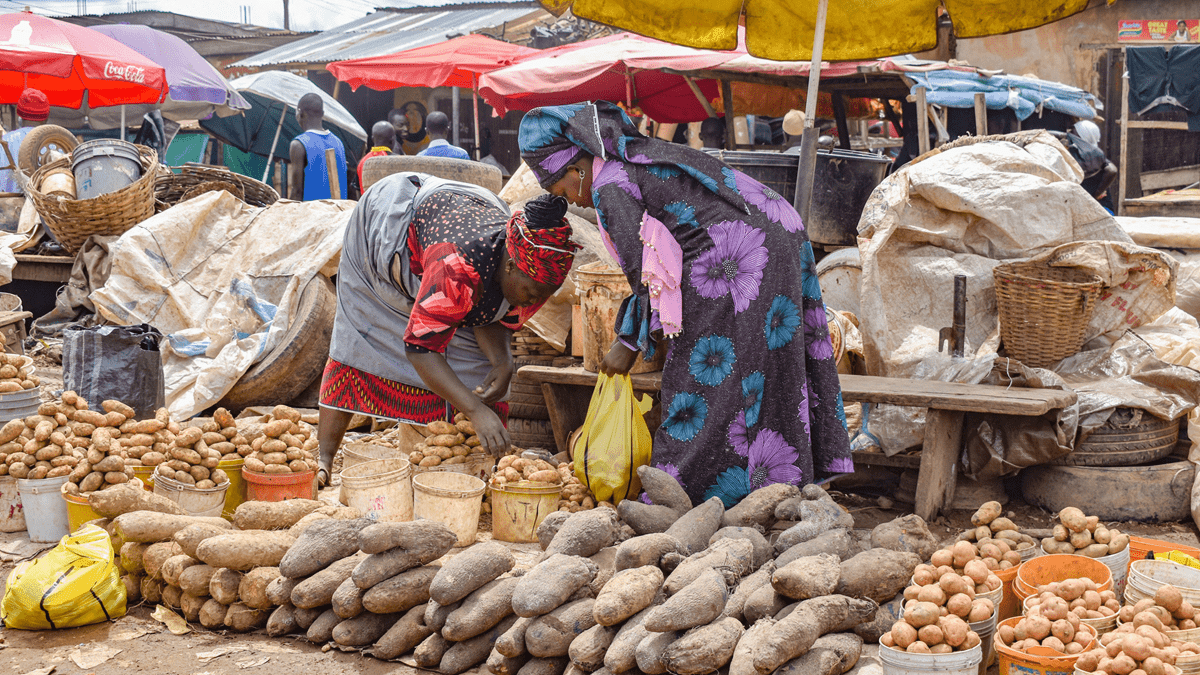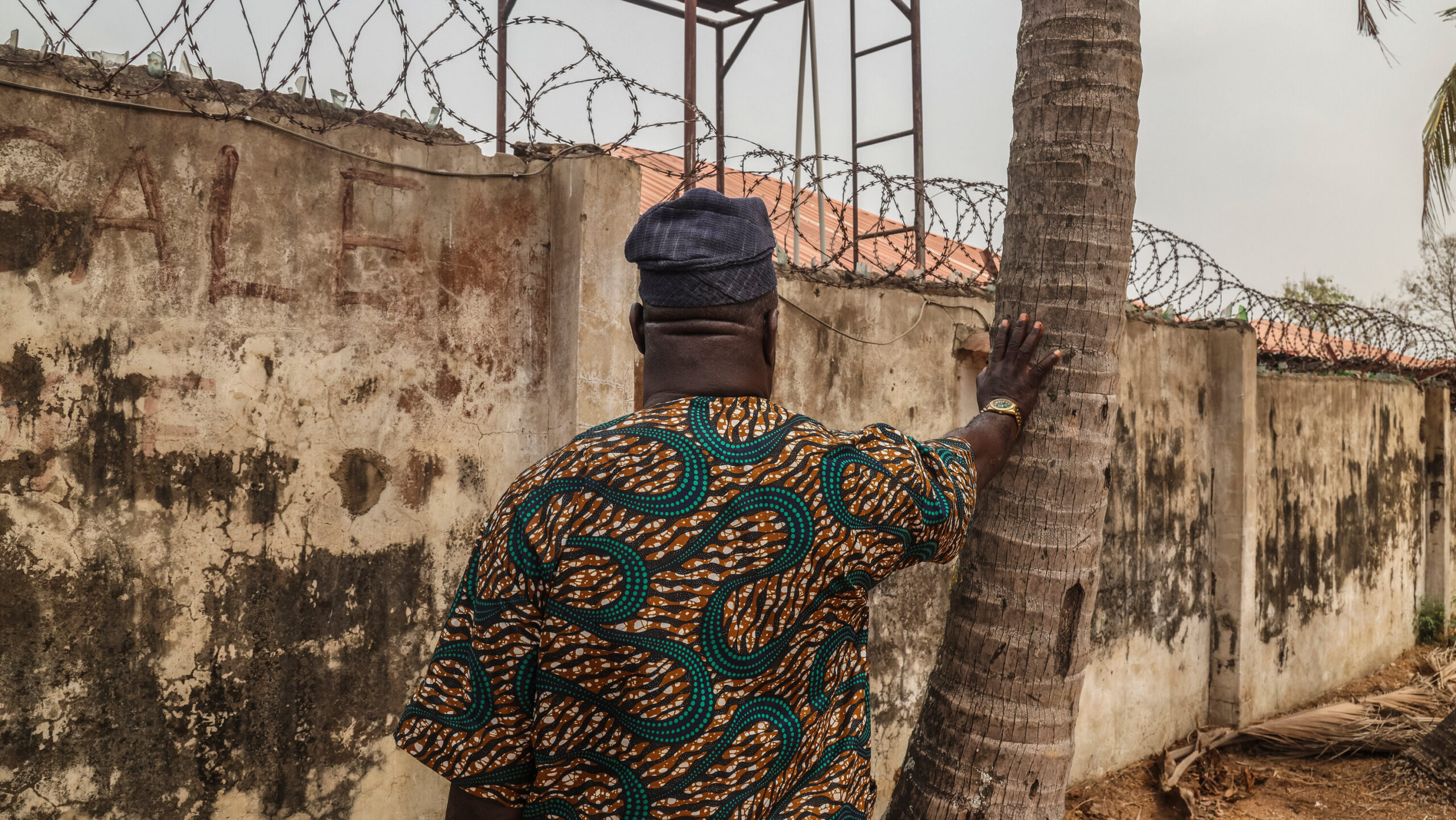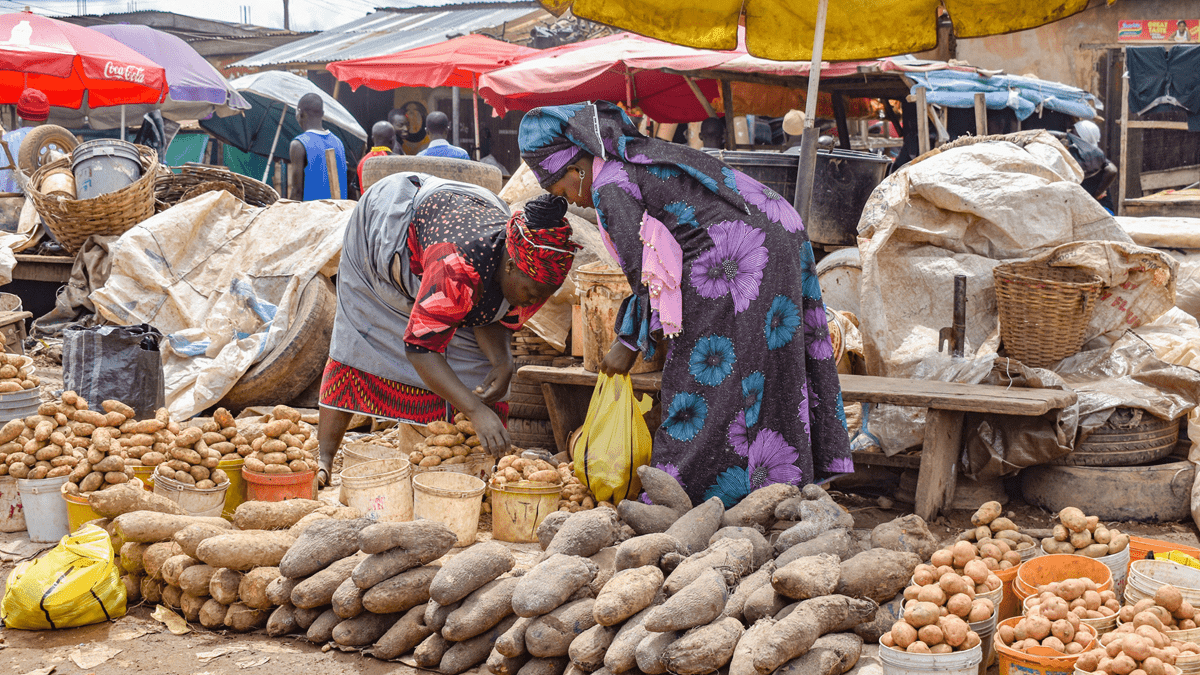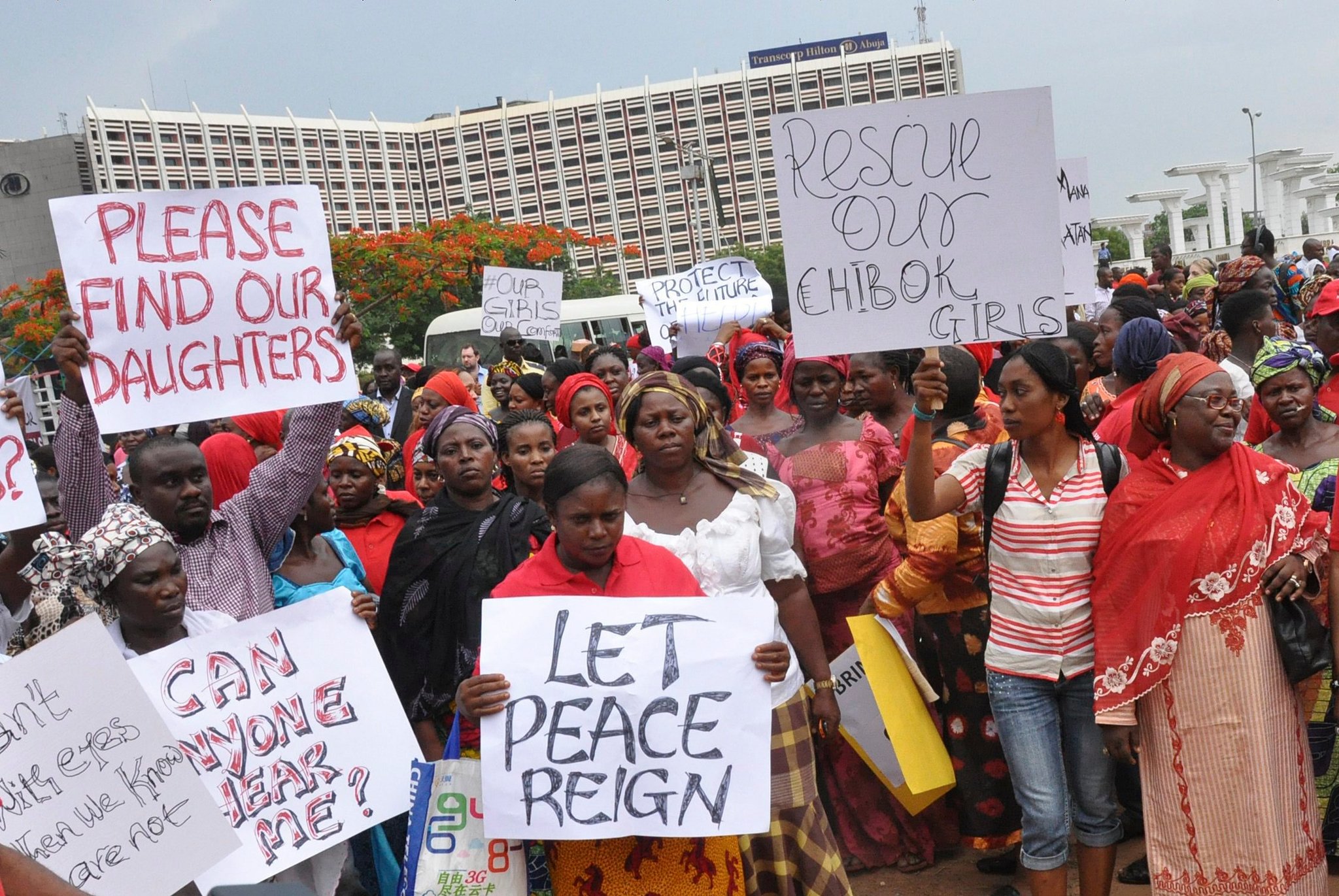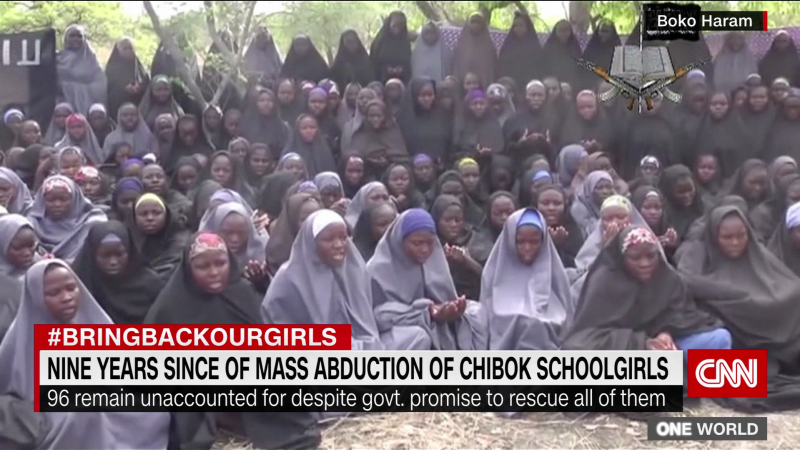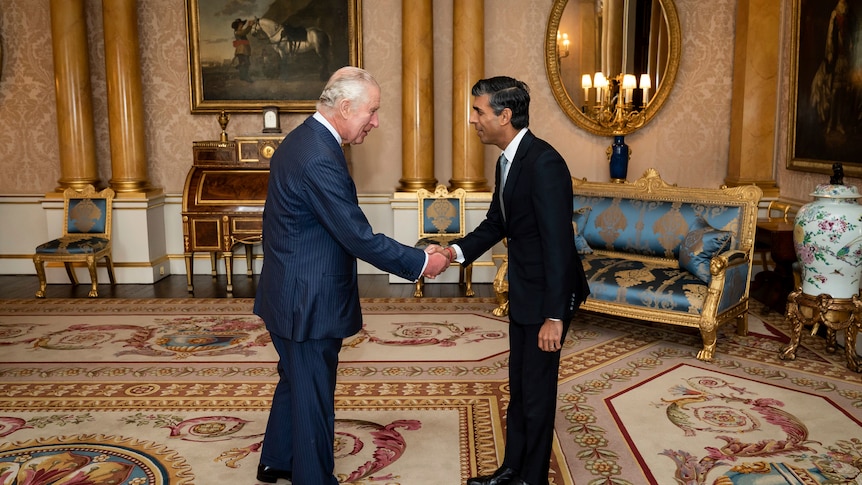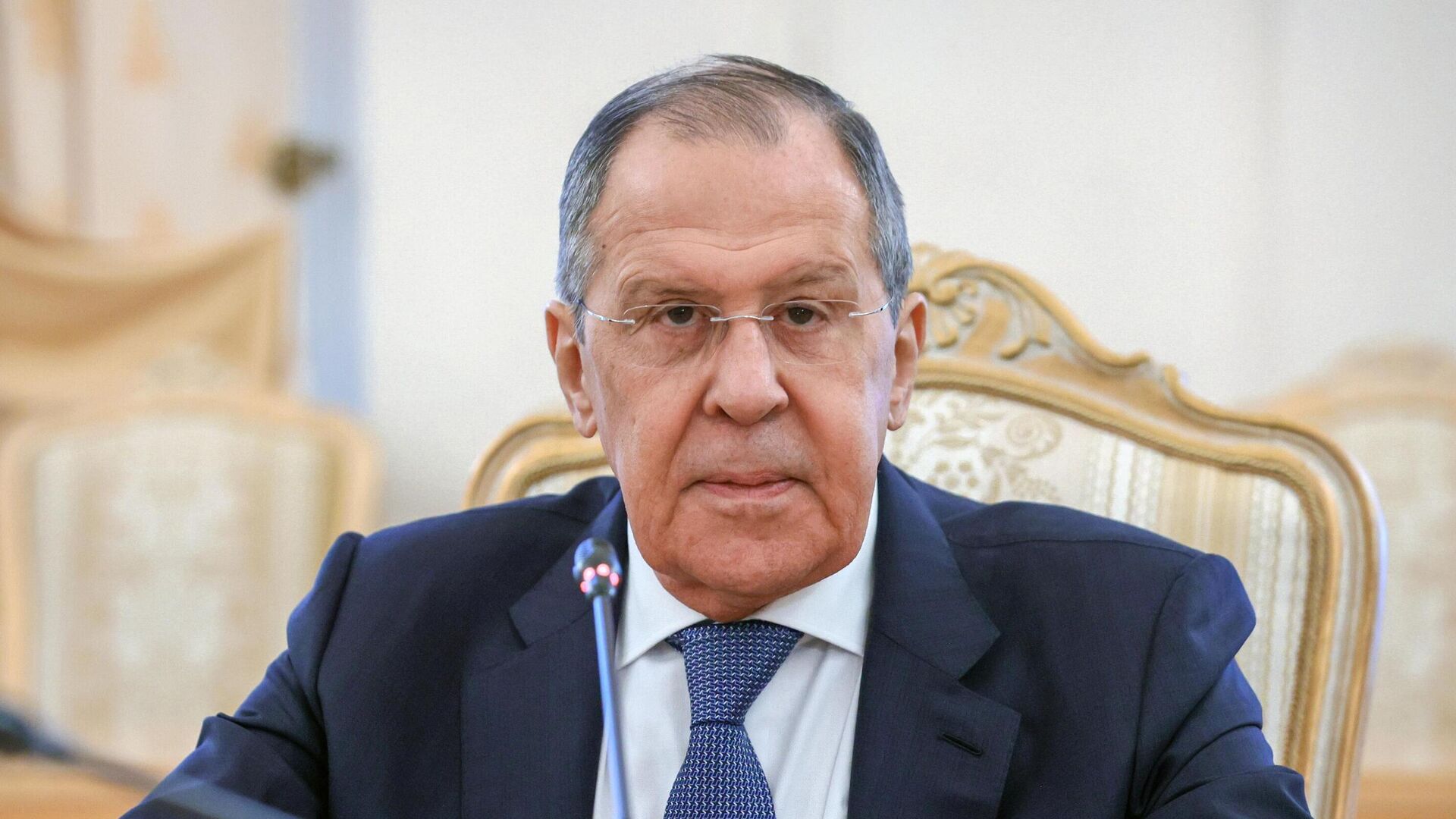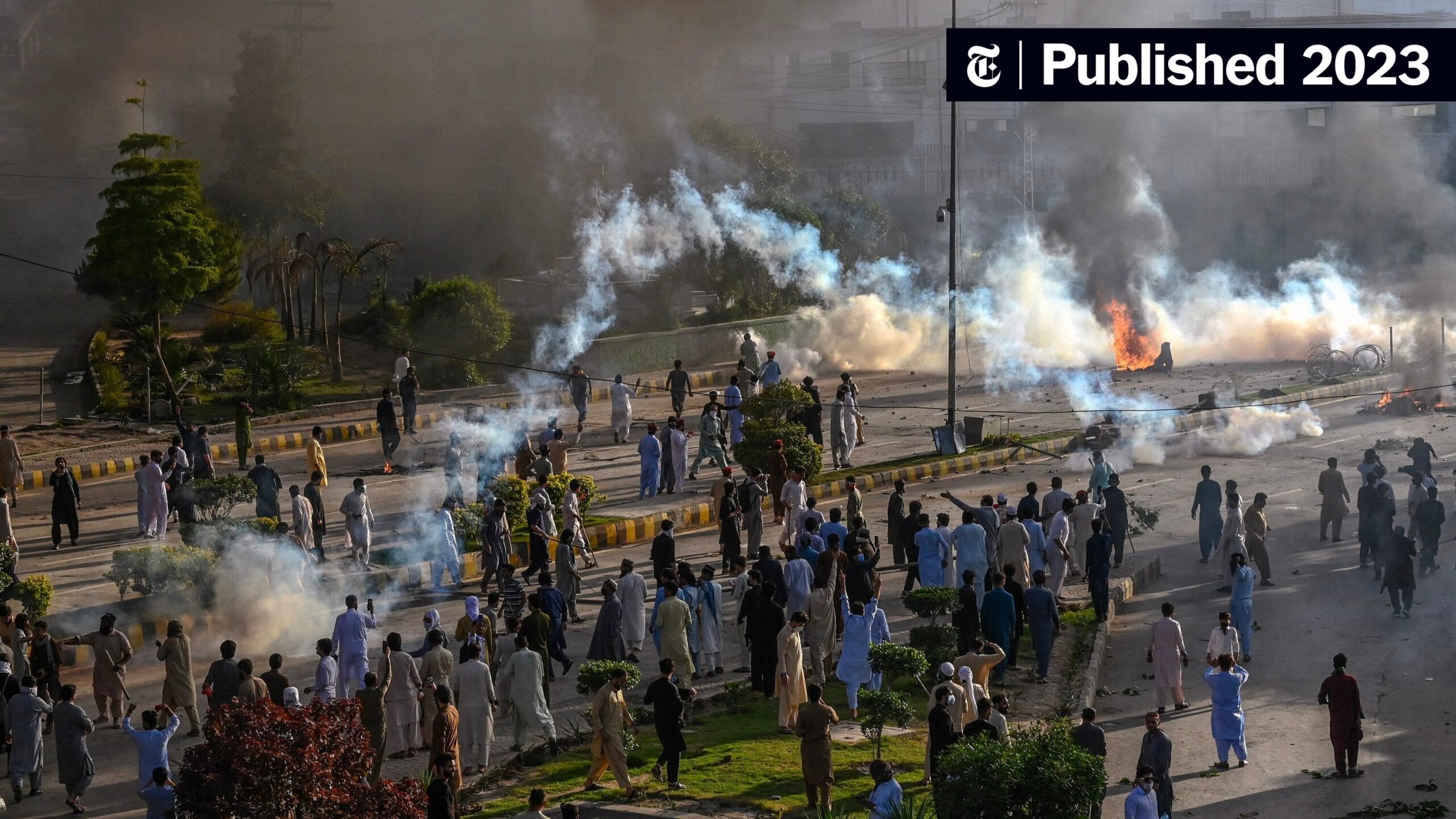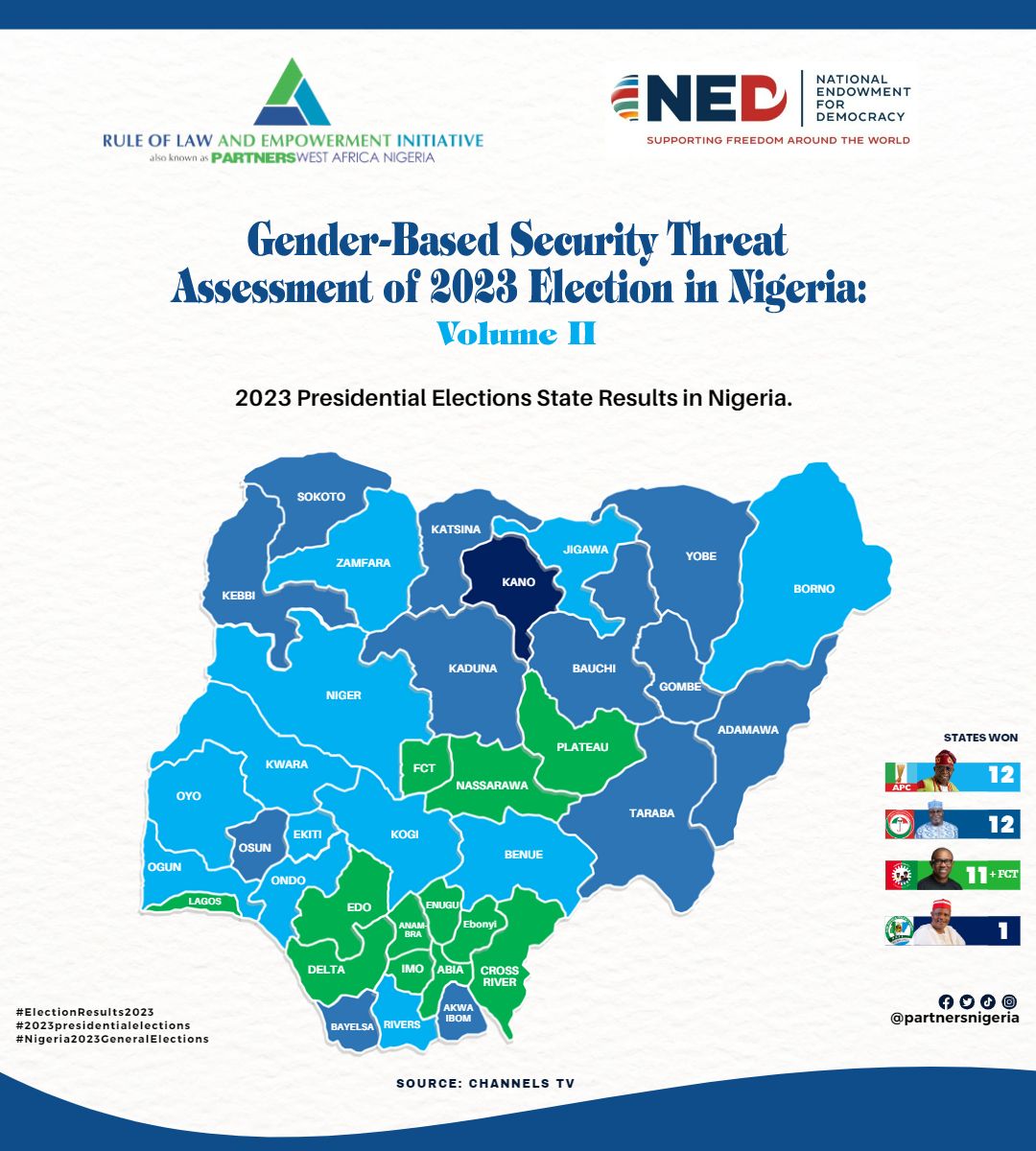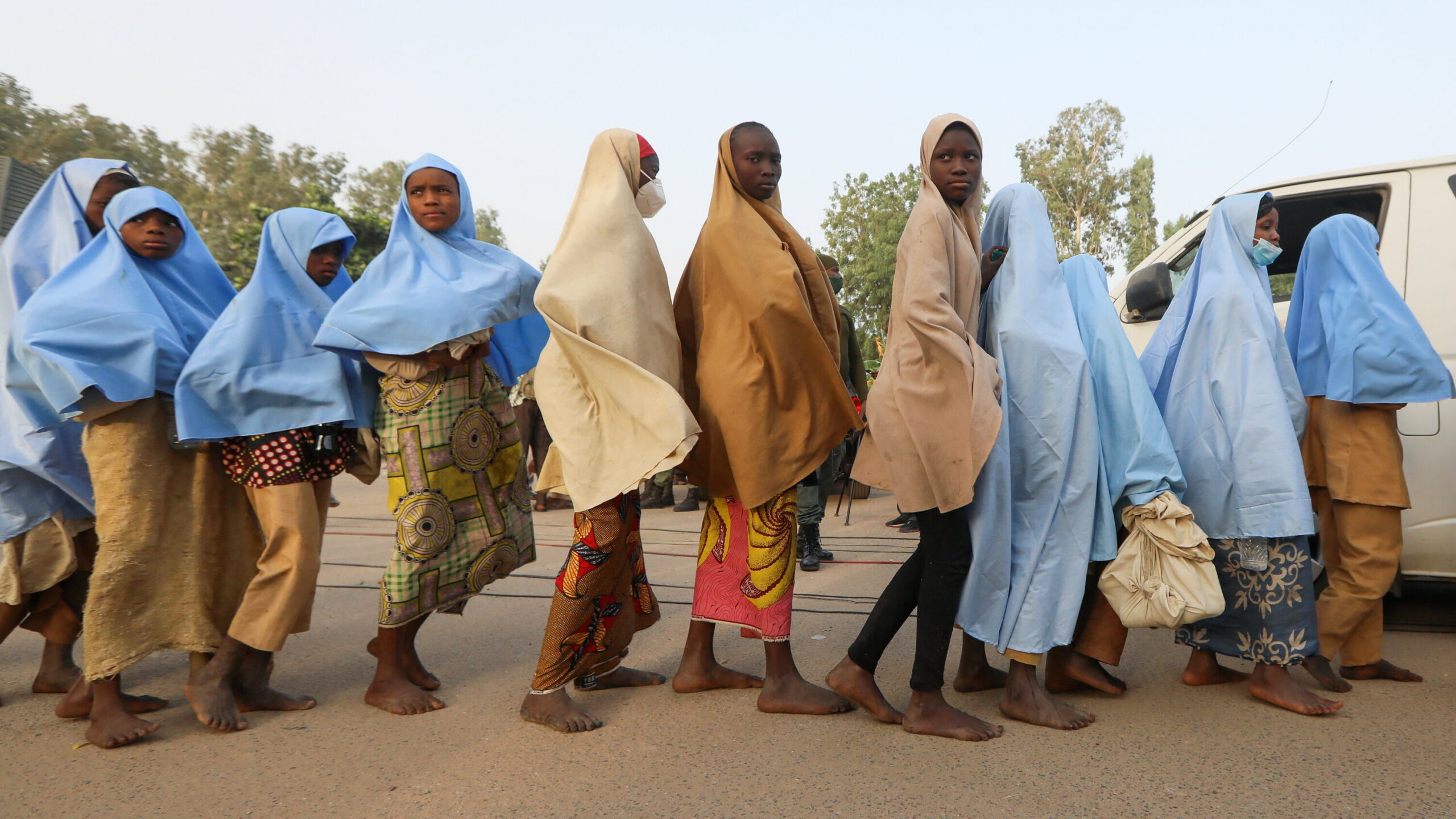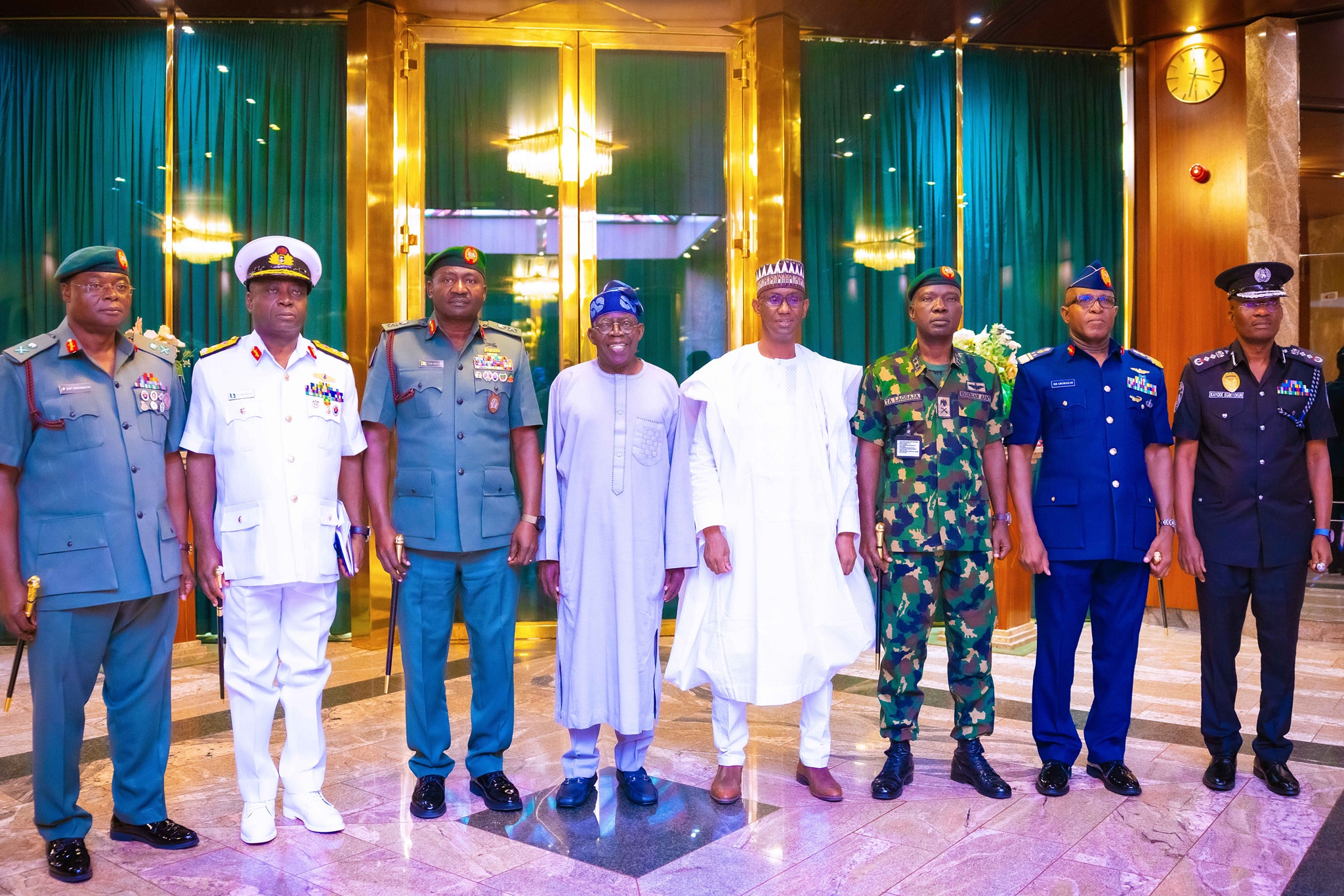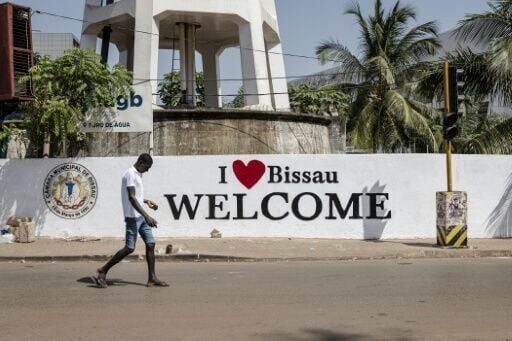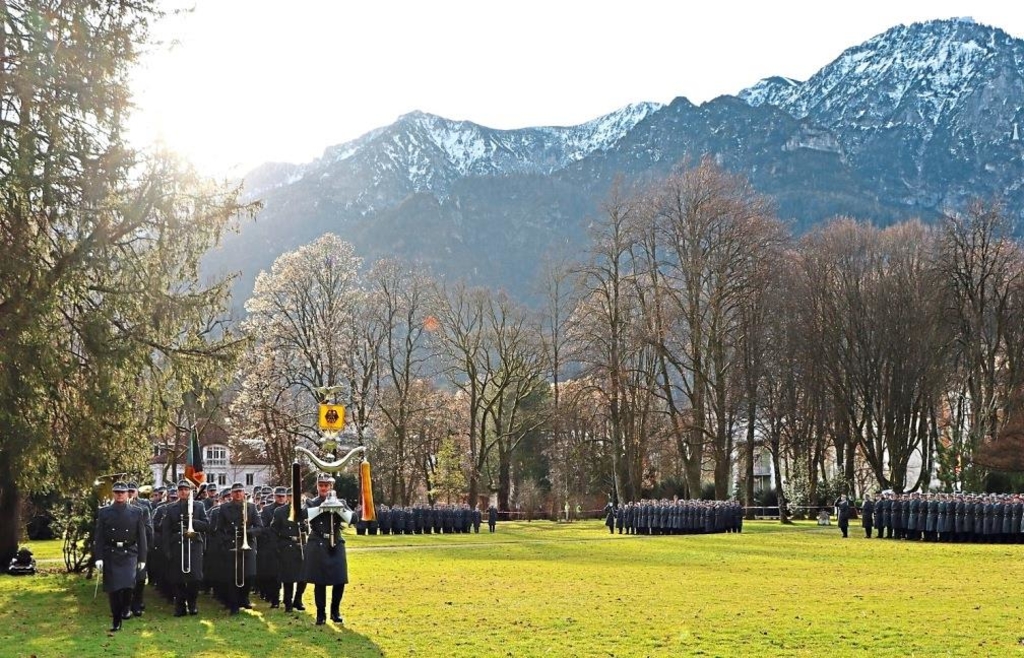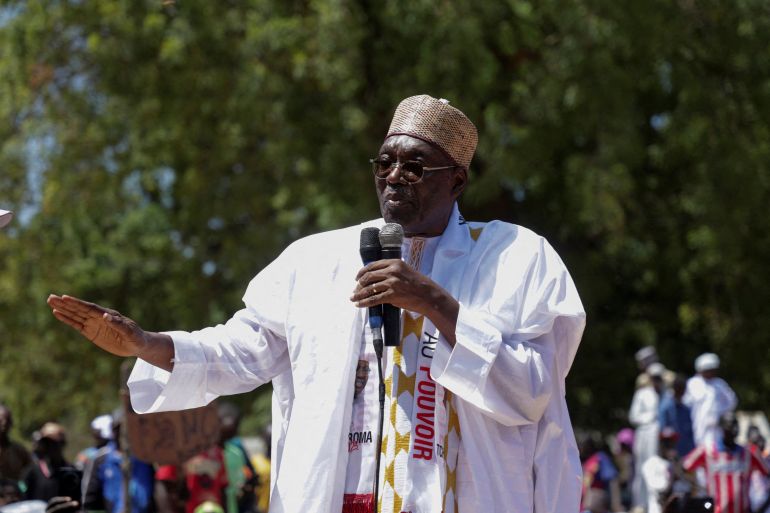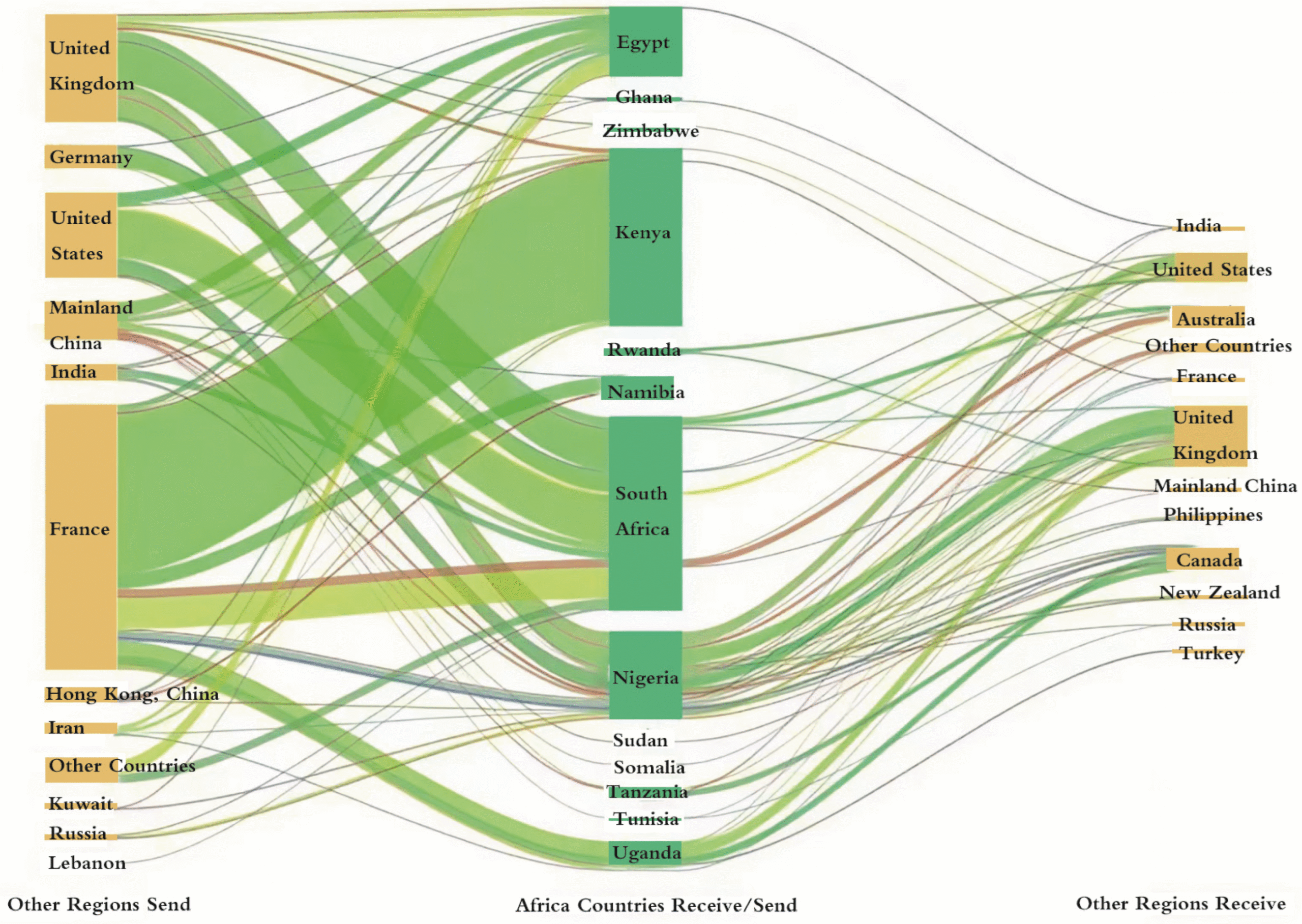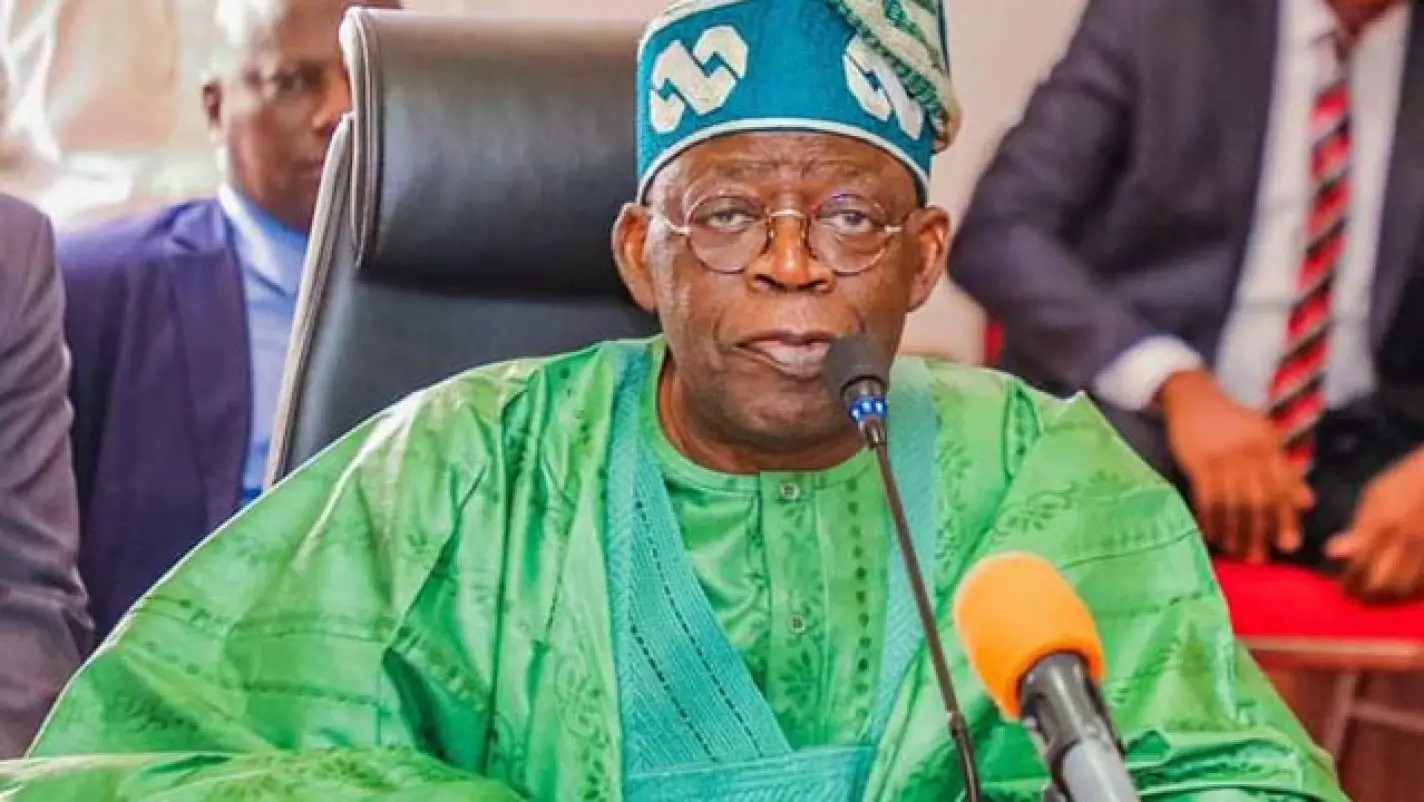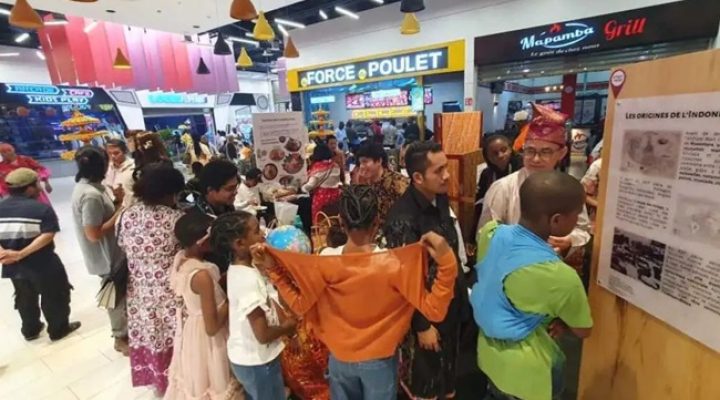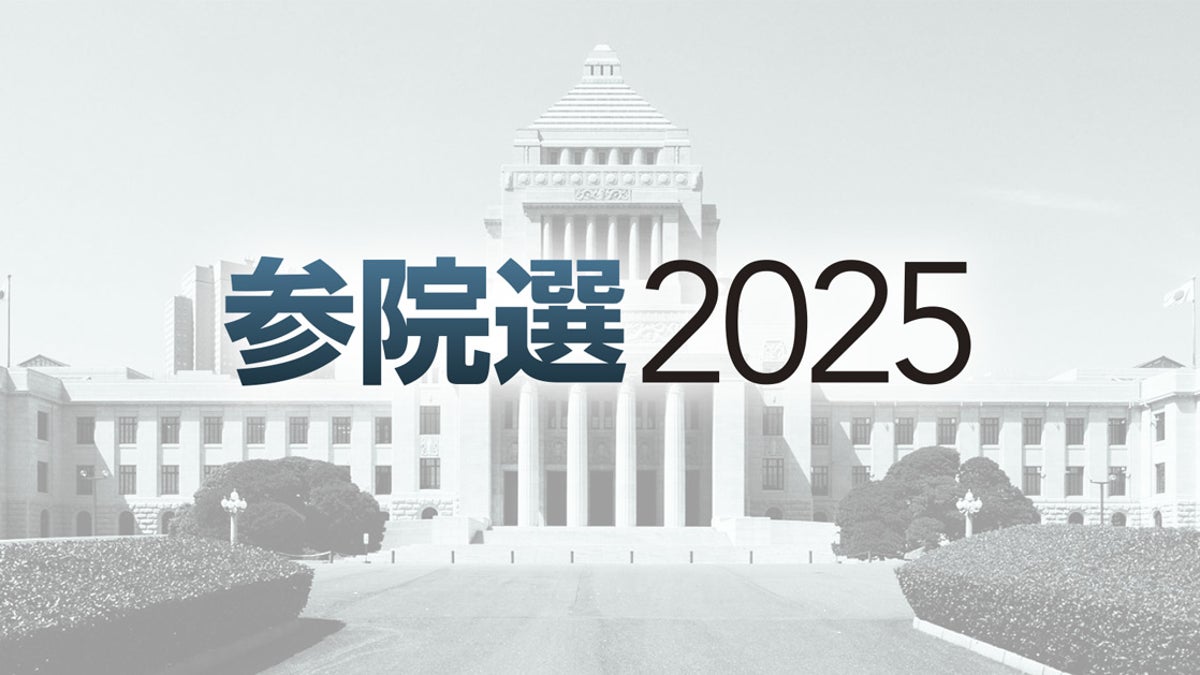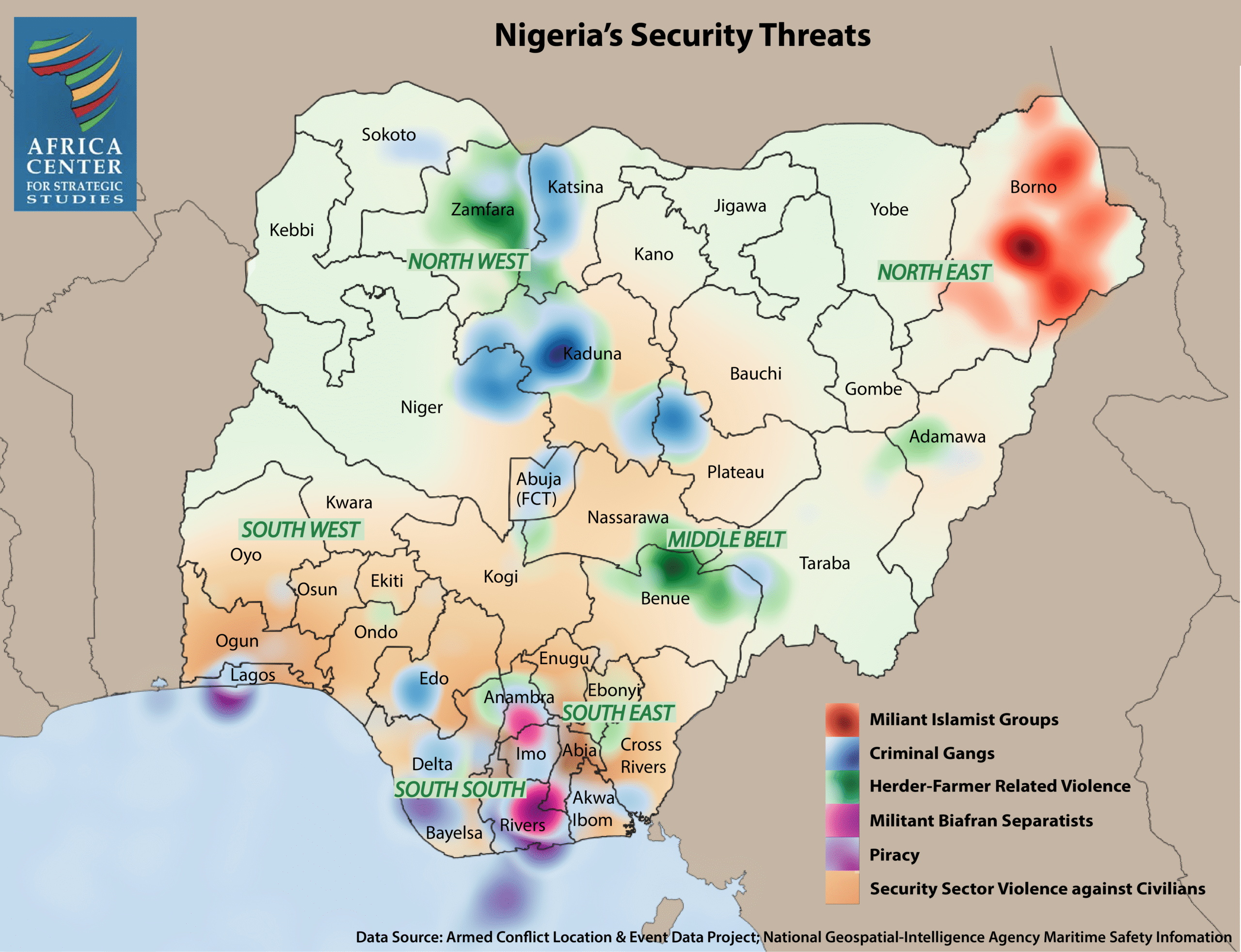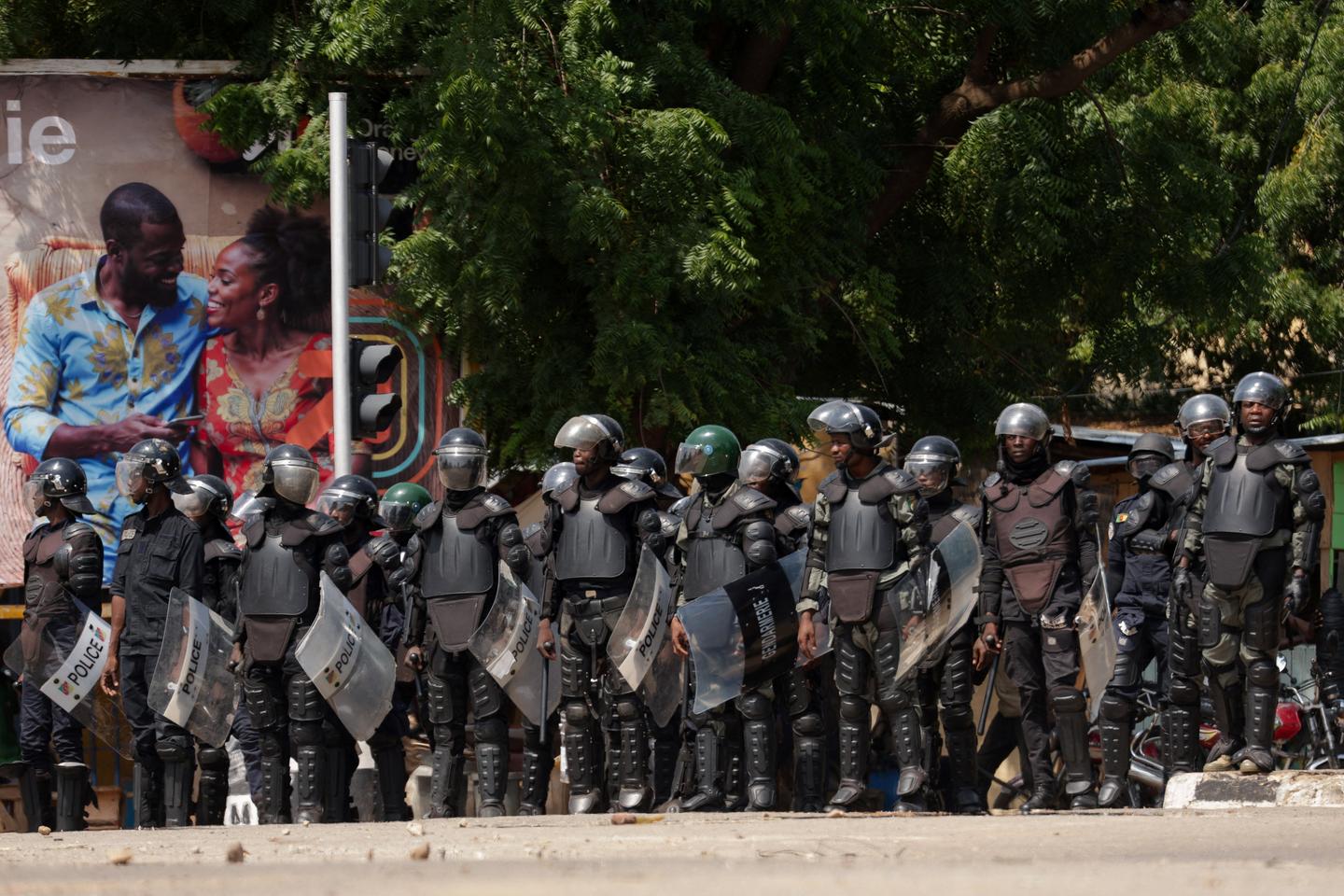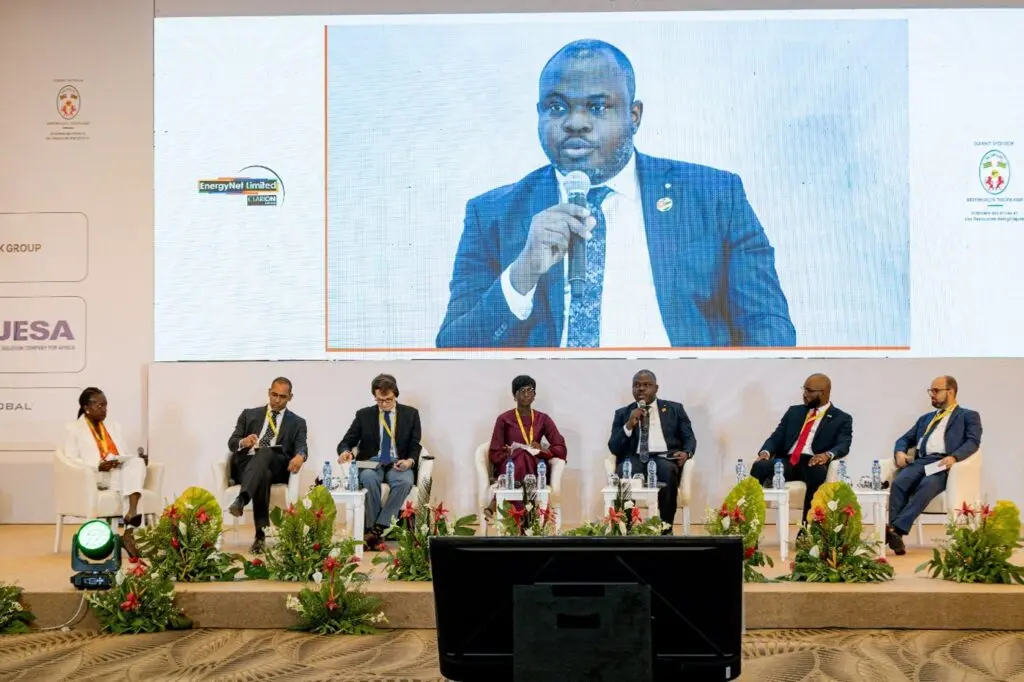
Ghana’s Gold Rush: Communities Fight Back Against Illegal Mining
In Ghana’s lush western forests, a new kind of dawn patrol is underway. Farmers, local residents, and even a Catholic priest, Friar Joseph Kwame Blay, move through the Jema community, vigilant for any signs of illegal gold mining. This isn’t a government operation, it’s a grassroots movement, the Jema Anti-Galamsey Advocacy (JAGA), formed to combat “galamsey,” the local term for illicit small-scale gold mining. Why does this matter? Because in one of the world’s top gold-producing nations, galamsey isn’t just stealing gold; it’s poisoning rivers, decimating forests, and destabilizing local economies, often operating far beyond legal oversight. The Jema community, taking a powerful stand, banned mining on their lands back in 2015 using local customary laws. This bold move empowered chiefs and citizens, leading directly to the formation of JAGA, a task force now patrolling the vital Jema Forest Reserve. Though small, with just 14 members, they keep a close eye on waterways for tell-tale signs of upstream mining: discolored water, deforested areas. Their patrols have led to arrests, but the community’s reactions are mixed. While many applaud these efforts to preserve land and water crucial for farming and daily life, others worry about potential power abuses or want to maintain financial ties with miners, highlighting a complex local dynamic.
This tension in Jema reflects a far larger national struggle. Ghana’s government faces widespread criticism, often accused of lacking the political will to truly tackle illegal mining. Conservation groups, like A Rocha Ghana, continually stress that enforcement alone won’t solve the problem; we must address the deep-seated economic incentives driving galamsey. Remember the widespread protests in 2024? They demanded stronger government action, underscoring both the urgency of this crisis and the immense difficulty in balancing economic development with environmental protection. This situation gets even more intricate when we consider Ghana’s significant, legal gold mining sector. For instance, the Bogoso and Prestea Gold Mines are set for a major restart, backed by a substantial US$140 million investment from Blue Gold, an international mining investor. This capital aims to revive operations holding an estimated 5.1 million ounces of gold. However, even the legal sector has seen its share of hurdles, with a previous Ghanaian administration controversially terminating mining leases, blocking investments and sparking debates over mining governance. Beyond mining, the broader security environment in parts of Ghana has also captured attention. The tragic death of a British national during a robbery in Tema, an industrial city, recently raised alarms. While local police call such violent incidents rare, it does contribute to an overall climate of caution for both residents and investors alike, even if not directly linked to mining activities.
As Ghana navigates these profound challenges, community-led efforts like Jema’s patrols light a potential path forward. Their story powerfully illustrates the importance of grassroots empowerment in environmental protection and highlights an undeniable need for coordinated efforts between government authorities, local communities, and industry players. Sustainable solutions absolutely must balance the clear economic benefits of mining with responsible stewardship of our natural resources and, critically, social stability. What’s next for Ghana? It’s facing a pivotal moment. Successfully managing illegal mining will demand stronger governance frameworks, real investment in sustainable mining technologies, and offering genuine alternative livelihoods for those forced into galamsey by economic necessity. Simultaneously, transparent and responsible development of legal mining operations can bring vital revenue and jobs, fostering broader economic growth. Ghana’s gold landscape is complex, often contentious, but with concentrated effort, couldn’t it become a model for how resource-rich nations truly cultivate prosperity while preserving their environment and communities for generations to come? The world is watching.

